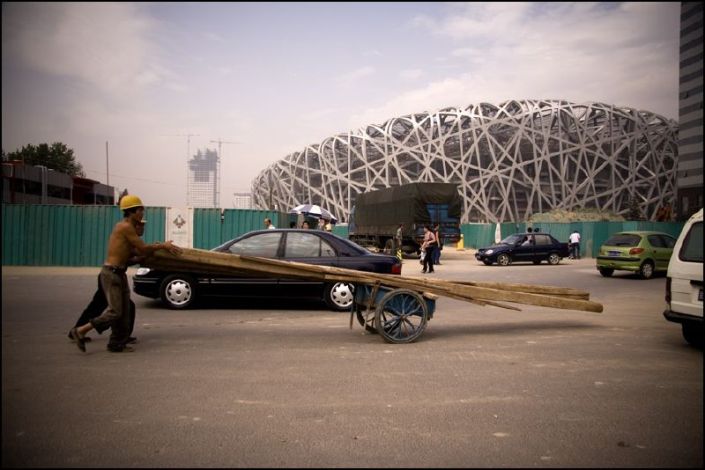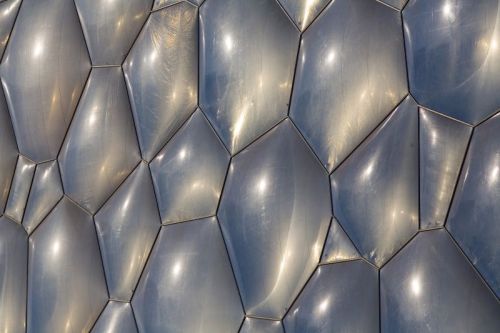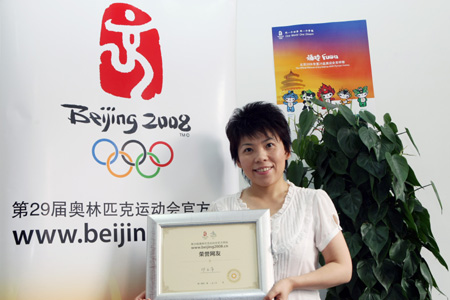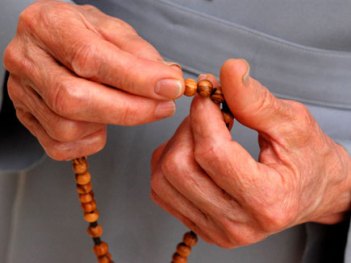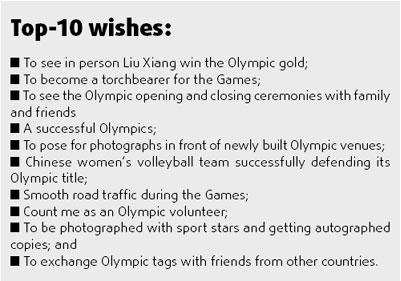Well, according to Beijing Vice-Mayor Chen Gang, the total cost of the venues will be about 13 billion RMB (1.22 billion Euros). Of this 3.5 billion RMB will have been spent on the Bird’s Nest. In contrast, the London 2012 Olympics have been set a target of 9.3 billion Pounds (12.52 billion Euros) to cover construction – about 10 times as much. Of course a great number of factors will account for this not least local labour costs, but anyone looking to purchase a Bird’s Nest or Water Cube would be wise, on this evidence, to shop in China.
On the topic of the costs of construction of the Olympic venues, there has been discussion over how many workers have or have not died on sites over the 5 year building period. This stems from a report in the British Sunday Times that “China has systematically covered up the accidental deaths of at least 10 workers, and perhaps many more, in a rush to construct the futuristic ”bird’s nest” stadium in Beijing for this summer’s Olympic Games”. After some toing and froing the official line now seems to be that 6 workers have died; 2 on the Bird’s Nest site, and 4 elsewhere. The Sunday Times article has a vivid account from a migrant worker, that could be representative of the perils that so many of China’s floating population face, though is certainly not exclusive to workers on Olympic venues. It remains to be seen if the Sunday Times keep such a close record of the accidental deaths of works on the 2012 Olympic sites.
